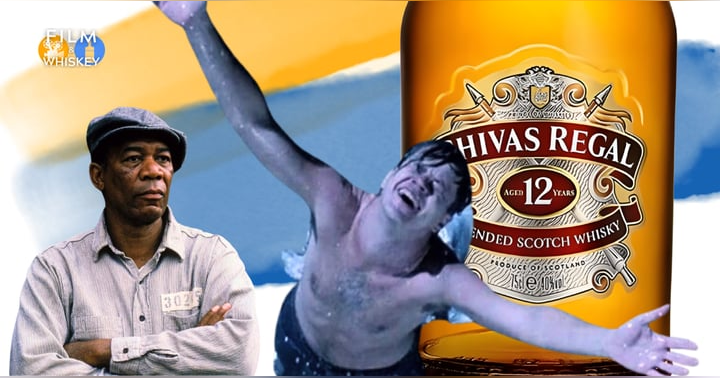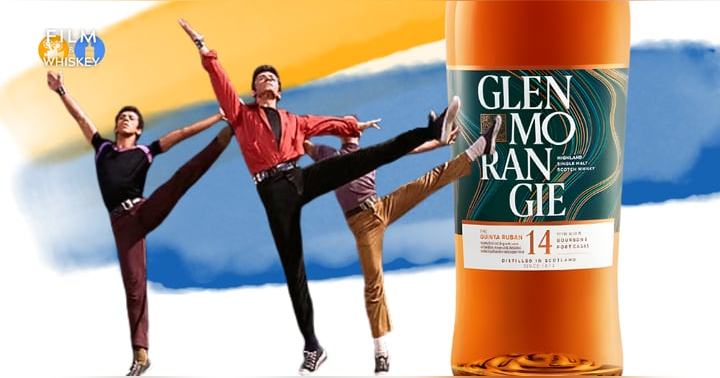James Gunn’s Superman Doesn’t Soar: A Misfire of Tone and Timing

I’ve had an up-and-down relationship with James Gunn’s superhero films. Only one of the three Gunn-directed Guardians of the Galaxy films totally worked for me, and while I’ll cherish Guardians 2 forever, the others in the series were more indicative of the poles of Gunn’s overbearing style. On one hand, the first Guardians film undercut its serious moments and strained too much for laughs. Guardians 3 had the opposite issue: Gunn overindulged in schmaltz and manipulation (but learned that cute animals in danger could be a winning formula). Likewise, Gunn’s The Suicide Squad followed in the irreverent footsteps of its Guardians predecessors.
Now, Gunn takes over the DC Comics film universe, and in turn, a franchise that’s been rather inflexible in its presentation. Unfortunately, Gunn’s deft touch with the wise-cracking heroes of Guardians and Suicide Squad doesn’t translate to Superman, a figure who embodies sincerity and earnestness.
Superman, the character, has always been a stoic figure, tied to both an obvious Christ narrative and 1930s Americana. It’s no surprise, then, that he’s often been handled with kid gloves. Zack Snyder’s iteration, a Superman who commits murder, came as a shock to the system (and for many demonstrated a fundamental misunderstanding of the character).
Superman, as a character exploration and as a movie, is a dud, perhaps the clearest example yet of Gunn the writer of wiseass dialogue at odds with Gunn the narrative storyteller. Gunn finds plenty of time for irony, winks at the camera, and humor based on awkward social situations, but eliminates or glosses over key narrative beats that would give Superman the heart it needs. Instead of finding new ways to grapple with Superman’s messianic backstory, his instinct is to almost entirely remove those themes. And I mean that literally: what Gunn postulates as an alternate origin story for the character is to completely negate the fundamental plan for Superman’s life as dictated by his father Jor-El.
I’d call this a key development that undoes most of the Superman mythology, but it exposes a bigger flaw with the film: none of its plot points feel as major as they should. Superman lacks a compelling narrative arc, in part because it purposely eschews traditional narrative structure. Gunn inserts us into the film in media res: we’re told in the opening scroll that Superman (David Corenswet) has just lost his first battle. One might be tempted to think that surely, Gunn would provide some sort of context via flashback for the seemingly random starting point of the movie. Not so.
Perhaps Gunn wanted to avoid the pitfalls of retreading Superman’s origin story, but it plays like a film whose script is missing its first fifty pages. I was left struggling to identify the through-line of the movie: is it Superman's quest to locate and define his own humanity? Is it the Lex Luthor interdimensional-space-travel plotline? Is it long stretches of investigative journalism featuring either Lois Lane or Jimmy Olson?
Because of the lack of context, the audience is expected to have some familiarity with the Superman mythology—who he is, where he comes from, who his friends are, what his alter ego is. But Gunn tries to subvert our familiarity with the story by throwing curveballs: in Gunn’s universe, we find Superman already in a committed relationship with Lois Lane (Rachel Brosnahan), who is fully aware that her mild-mannered coworker Clark Kent is Superman. Again, this seems like a huge upheaval of expected Superman norms, but here it’s presented without comment.
Nowhere is Gunn’s leverage of audience familiarity more awkwardly handled than with the introduction of some fellow superheroes—or meta-humans, as they're called in the film, from the Justice League. In Gunn's version, our heroes are still workshopping a group name (Justice Gang, a punchline that Gunn milks beyond its funniness). Their arrival is unannounced, and their presence in the film from that point is both episodic and overstays its welcome. Other supporting characters follow suit: they simply appear without proper introductions.
Gunn tries hard to infuse Superman with his trademark humor and pop-music needle-drops, neither of which land. In one scene, Gunn builds to a particular visual—a shot of Superman and Lois Lane embracing in her apartment while the remainder of the Justice Gang battles a flying “dimensional imp” outside. The comedic setup to get to that visual moment of splendor, though, was forced and ham-fisted. The audience in my theater was entirely silent during long comedy sequences—the sort of silence an audience gives when they're one step away from audible groans.
Ironically, the few moments that Gunn allows some unalloyed sincerity are the film’s best: a late Pa Kent monologue steals the whole show, and Superman’s final Broadway-style “I am” proclamation during the climax is a standout. But aside from that, Gunn tries too hard to undercut the seriousness and charms of a Superman movie with his Guardians-style humor.
At its worst moments, it reminded me of Ant-Man and the Wasp: Quantumania, particularly in an extended interdimensional prison-breakout sequence that both sucked all the life out of the film and looked hokey. At other moments, it felt a lot like Spider-Man 3, in that it was overstuffed and reached for a tone it couldn't quite capture.
The audience at my preview screening—comprised of the general public, many of them proudly decked out in Superman gear—sat mostly silent. It was clear they weren’t connecting, and neither was I. For a film meant to relaunch one of the most iconic heroes in pop culture, Superman felt oddly lifeless, overstuffed, and unsure of its own identity.










